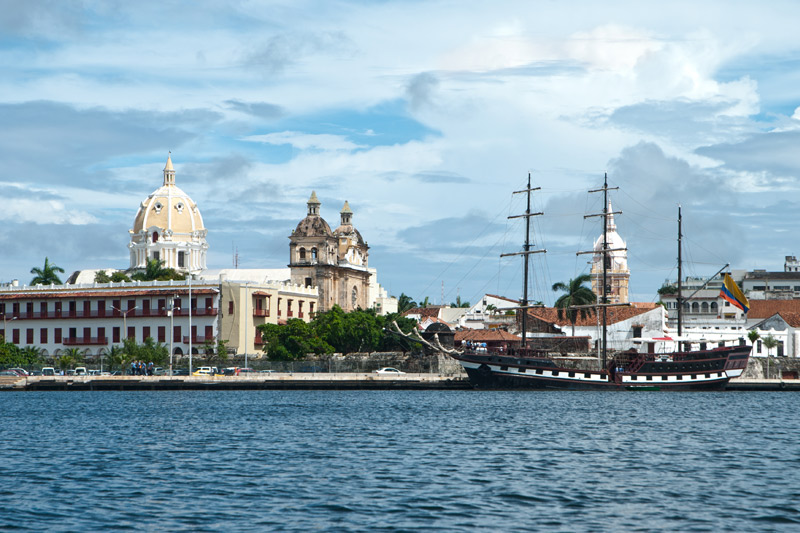 Colombia Inflation May Soar to 6% as Duque Plans to Tax Food
Colombia Inflation May Soar to 6% as Duque Plans to Tax Food(Bloomberg) — Colombia’s financing bill, which extends value-added tax to food staples, would cause the annual inflation rate to soar to nearly twice its target, according to the nation’s second-biggest bank.
“If you take it exactly as it is now, inflation may double, almost to six percent,” said Camilo Perez, chief economist at Banco de Bogota.
The bill needs to be passed by congress to become law. In negotiations with lawmakers, the government of President Ivan Duque may be prepared to forgo the extension of VAT of food, which would reduce the impact on inflation to about 0.6 percentage point, Perez said.
Consumer prices rose 3.2 percent in September from a year earlier, slightly above the midpoint of the central bank’s target range of 2 to 4 percent. The bill, which will be sent to congress Wednesday, extends VAT to goods such as rice, potatoes, fruit, vegetables and chicken, which until now have been exempt.
Food accounts for 28 percent of the Colombian consumer goods basket, and 35 percent for low income families. Sergio Olarte, an analyst at BTG Pactual’s Colombia unit, estimates that inflation will accelerate to 4.5 to 5 percent under the plan. Even if the tax change were phased in gradually, it would still imply at least a 1 percentage point rise in the inflation rate next year, he said.
(Updates with comments from BTG economist Olarte in final paragraph.)
Fusion Media or anyone involved with Fusion Media will not accept any liability for loss or damage as a result of reliance on the information including data, quotes, charts and buy/sell signals contained within this website. Please be fully informed regarding the risks and costs associated with trading the financial markets, it is one of the riskiest investment forms possible.
Source: Investing.com




























